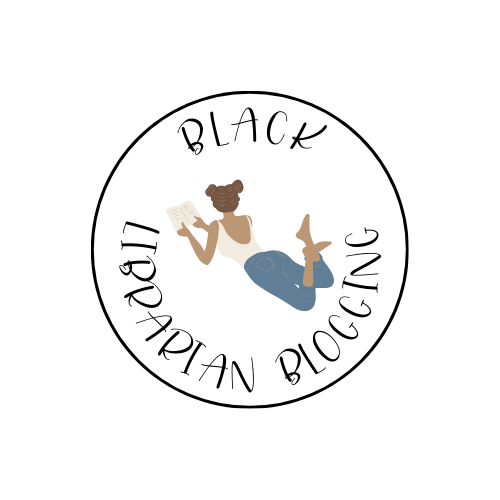Synopsis
In this intimate portrait of two generations, a granddaughter and a grandmother come to terms with what it means to heal when the world is on your shoulders.The world is burning, and Corinne will do anything to put out the flames. After her brother died aboard an oil boat on the Mississippi River in 2013, Corrine awakened to the realities of climate change and its perpetrators. Now, a year later, she finds herself trapped in a lonely cycle of mourning both her brother and the very planet she stands on. She’s convinced that in order to save her future, she has to make sure that her brother’s life meant something. But in the act of honoring her brother’s spirit, she resurrects family ghosts she knows little about—ghosts her grandmother Cora knows intimately.
Cora’s ghosts have followed her from her days as a child desegregating schools in 1950s Nashville to her new life as a mother, grandmother, and teacher in Mississippi. As a child of the Civil Rights movement, she’s done her best to keep those specters away from her granddaughter. She faced those demons, she reasons to herself, so that Corinne would never know they existed. Cora knows what it feels like to carry the weight of the world—and that it can crush you.
When Corrine’s plan to stage a dramatic act of resistance peels back the scabs of her family wounds and puts her safety in jeopardy, both grandmother and granddaughter must bring their secrets into the light to find a path to healing and wholeness.
In heartfelt, lyrical prose based on her own family’s history, Mary Annaïse Heglar weaves an unforgettable story of the climate crisis, Black resistance, and the enduring power of love.
Review
As a person who cares a lot for the environment and wants others to care as well, this was a good book.As someone who has grown to love titles that paint a picture of family and authentic relationship dynamics, this was a good book.
Watching Corrine battle her grief through activism and grow in a direction that her family didn't quite understand (I can't imagine becoming a vegetarian and visiting family in the south for food based holidays) was such an experience and I enjoyed going along for the ride!
It's wild to me that we can read a book that takes place in 2013 and that's considered the past but a lot has changed in 11 years. A lot has changed over the last 4. Reading about Cora as a young black girl in the 50's, reading about Corrine and her heroic steps into environmental activist in 2013, and watching activist today in 2024 shows us how much has changed and how much has stayed the same.
The older I get and the more books I read that span generations, the more I see how the experiences older generations had continue to directly affect the way they rase their children and grandchildren and the way they interact with the world. It sounds like such a simple thing, but while I know I have family alive today that were born into the Jim Crow south, and while I know what that meant for black people, reading Cora's story personifies it in a new way, and seeing how Cora and Corrine interact, while having the knowledge of Cora's experience, put's things into a new perspective.
I was so honored to read Troubled Waters and I can't wait to see what comes next.






No comments:
Post a Comment